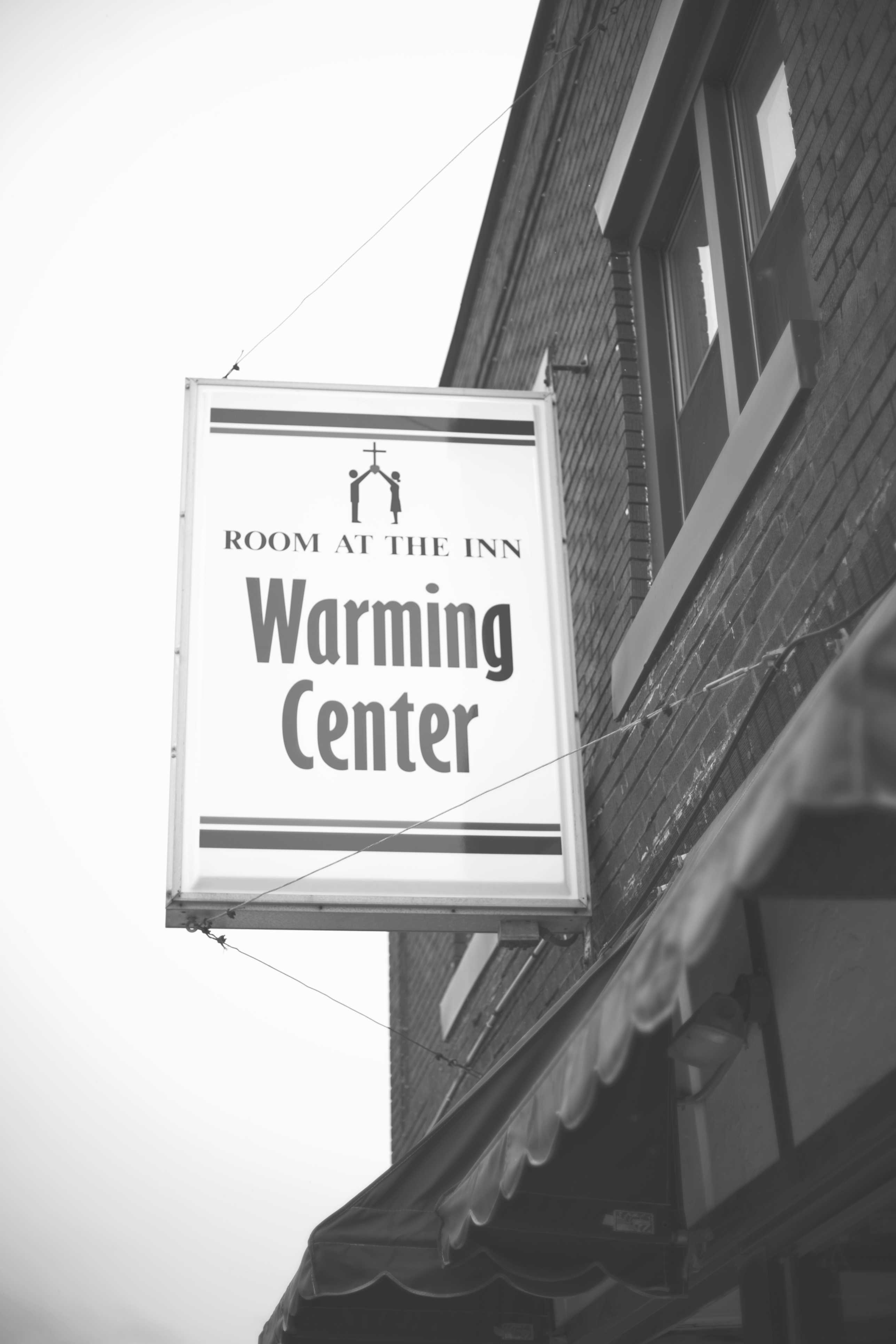There are over 86,000 homeless people in Michigan, according to Michigan’s Campaign to End Homelessness.
 Living in the small community of Marquette we don’t see a lot of homeless people on the streets compared to larger cities, but just because this problem is not as visible, does not make it nonexistent to our area.
Living in the small community of Marquette we don’t see a lot of homeless people on the streets compared to larger cities, but just because this problem is not as visible, does not make it nonexistent to our area.
Room at the Inn is Marquette’s emergency homeless shelter and warming center. This nonprofit organization aims to reduce the overall number of homeless in the area while giving those homeless the opportunity for advancement.
They service the over 400 homeless people living in the Marquette area currently, said Executive Director of Room at the Inn, Douglas Russell.
“The need for homeless services is quite large. A lot of folks who are in dire situations never expected to have these things happen to them,” Russell said.
“So they are incredibly grateful that this building and our volunteers are here.”
The shelter service location rotates between churches in the community throughout the season, but The Room at the Inn Warming Center is open daily. The Room at the Inn opened in November 2007. Prior to its opening there were services offered, but no shelter available for the homeless.
Over 1,000 individuals have received the organization’s assistance since it opened, and the shelter has completed around 25,000 bed nights, meaning one person in one bed for one night, said Russell.
“Marquette has a population of around 21,000 people, just think about almost everybody being homeless for one night,” Russell said.
The shelter services run from September through May or during the cold season of the U.P. Before shelter was available, many homeless people were left to camp in the woods during the below freezing temperatures, Russell said. Although the shelter services only run through the cold season, The Room at the Inn’s warming center is available all year long and provides shower facilities, an in-house social worker, and hot meals daily for not only the homeless, but the low income population as well.
“A lot of people have housing but they have very little else, so the goal is to provide for them as well,” Russell said.
The shelter is not funded by the government, which means it relies solely on donations and volunteers to stay operating.
“It takes about 15,000 volunteer hours to keep the place running for a season. If I didn’t have my volunteers, I would have nothing,” Russell said.
Their agency is not the typical homeless agency, he said. Guests do not have to schedule appointments to use the services, and relying on donations gives the shelter the freedom to provide services specific to guests’ needs.
The in-house social worker and guest advocate, Sarah Cagle works to help the guests of the organization find employment, healthcare, housing and more.
While the shelter is given freedom by being privately funded, it can also hinder its abilities, Russell said.
“We’re limited on how we can provide. We can get you housing, but as far as getting treatment for those struggling with addiction, we can’t do that,” he said.
“It’s frustrating because I look at all these folks and I think, ‘They’re never going to get well living in the shelter. They need stable housing.’”
Russell hopes to eventually provide a special kind of stable housing with staff on site to help and support the people living there. The services currently being provided are keeping people alive and off the streets at night, but it won’t always make those people’s situations better in the long run, Russell said.
He would like to get all of these people back where they started, in independent living situations.
“How do you cure homelessness? You give everybody a house,” Russell said. “My focus is trying to make that happen.”
The Room at the Inn has had guests ranging from the age 18 to 52, each with their own story of misfortune or life experiences that brought them to homelessness.
In the beginning, there were 4 to 5 people staying in the shelter each night, and now there is usually somewhere between 12 and 18, Russell said.
“The numbers fluctuate, but the need never goes away,” Russell said.
























